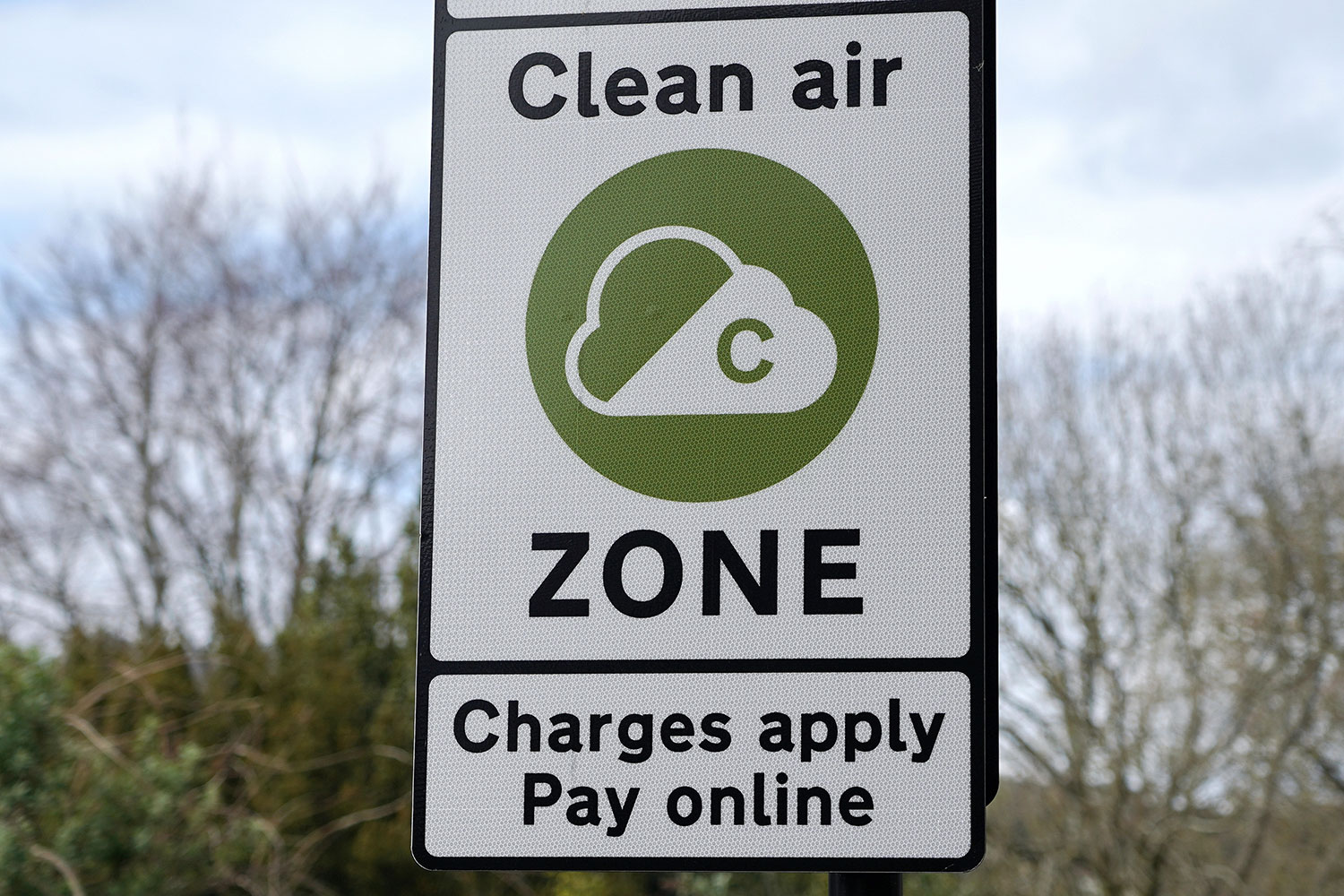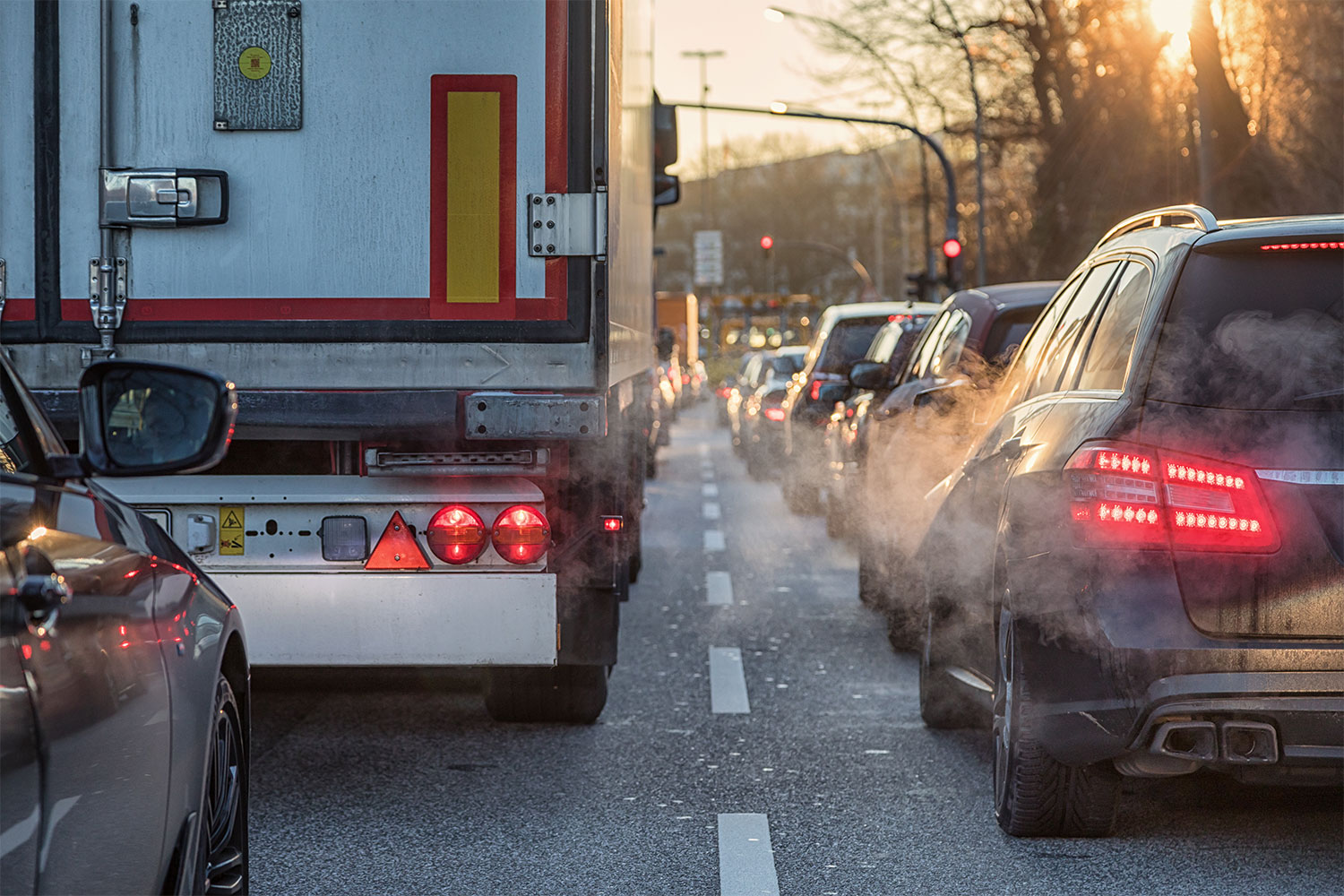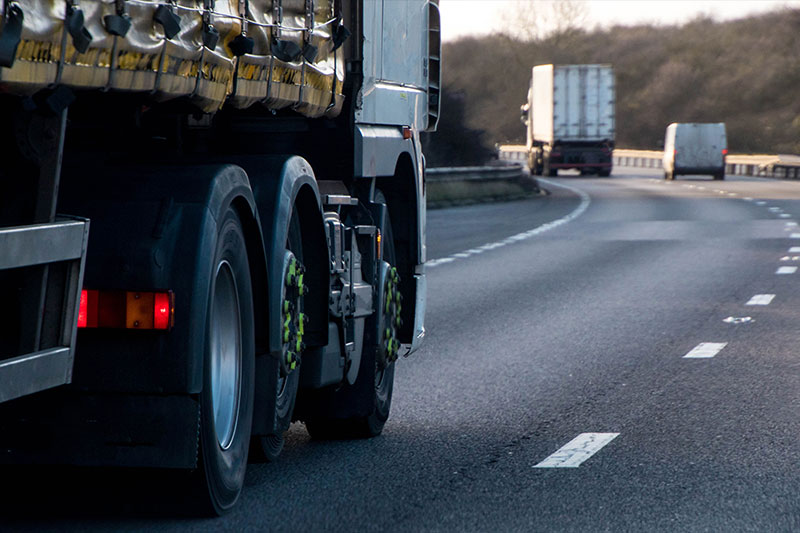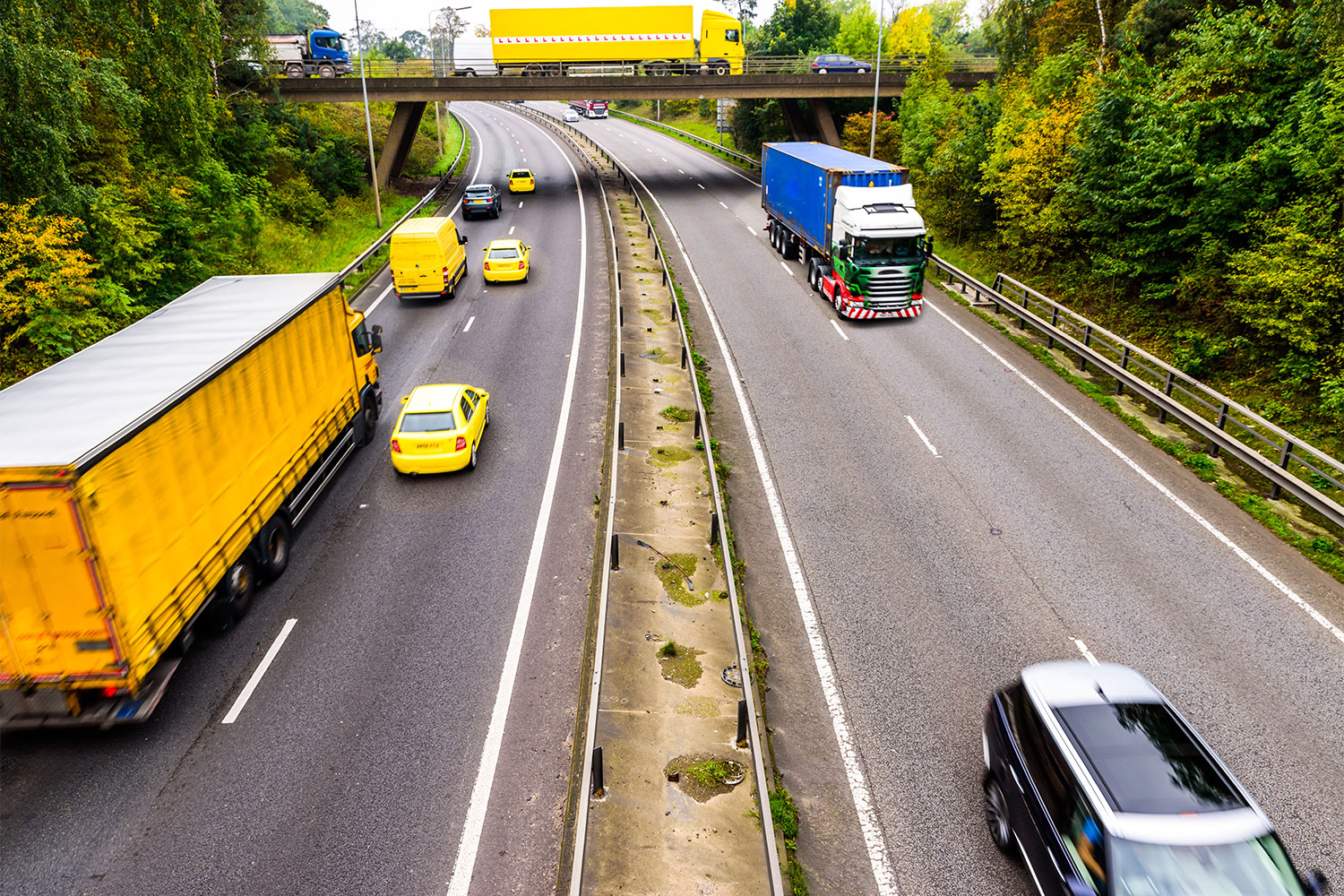In an effort to reduce air pollution, the Scottish government has introduced a Low Emission Zone (LEZ) for Heavy Goods Vehicles (HGVs), and this is leading to a whole host of changes in how businesses make deliveries. While this will certainly lead to improved air quality eventually, it may not always be good news when it comes to profits. In this blog post, we’ll look at how exactly the LEZ affects HGVs, their delivery rates and successful return on investments so you can decide whether or not adding one of these vehicles into your business is the right move going forward.
Overview of Low Emission Zone and its impact on HGV’s
The Scottish government has recently announced that it will be introducing a Low Emission Zone (LEZ) to the country in order to combat air pollution caused by Heavy Goods Vehicles (HGV’s). This LEZ will require HGV’s entering a designated area to meet certain emissions standards, or pay a levy. Although this could prove costly for HGV owners, the LEZ being set up provides an opportunity for them to review their own operations and identify ways to reduce both their emissions and overall costs with possibly more efficient transportation methods and/or other technologies. In any case, while HGV owners need to take into account any additional costs from the Low Emission Zone when calculating profits, they can still expect continued benefits from their investments in cleaner transportation solutions.
What are the requirements to comply with LEZ standards
Scotland is set to introduce Low Emission Zones (LEZs) to promote air quality and reduce pollution. To comply with LEZ standards, Heavy Goods Vehicles must have Euro 6 engines or equivalent. Vehicles that do not meet the LEZ requirements will not be able to enter certain urban areas in Scotland. In addition to purchasing new vehicles, operators can also look into installing emission control systems to reduce emissions and bring their vehicle up to the required standard. Though it may be costly, this will ensure operators are compliant with LEZ standards and protect against potentially high fines if they are found to be operating non-compliant vehicles in an LEZ.
Financial costs of compliance for HGV owners
The implementation of the Low Emission Zone by the Scottish government has caused an inevitable financial burden on HGV owners who must now upgrade their vehicles to comply with the LEZ standards. Those truck drivers not meeting emissions requirements set out by the government will be issued a fine, while owners of older model trucks with outdated engines and equipment must spend considerable finances in order to bring them up to code. Furthermore, these businesses are already struggling with high fuel costs and delivering goods throughout the country; investing money into new equipment or retrofitting existing vehicles, further strains their overhead costs and eats into profits. Without reliable support from the government, it may be a challenge for companies dealing with Heavy Goods Vehicles to make modern changes without financially suffering in the long-term.
Benefits of the LEZ for HGV owners
Introducing the Low Emission Zone (LEZ) is an excellent opportunity for Heavy Goods Vehicle (HGV) owners to step up their emissions efficiency and benefit their profits. By investing in more efficient vehicles and technology, owners can save on fuel costs and also play a part in creating a cleaner environment. With lower tax rates offered on certain types of retrofitted vehicles, HGV owners can receive additional financial rewards while they help contribute to reducing pollution. Having the LEZ in place will let HGV owners take advantage of these benefits while they help tackle global warming and make Scotland a greener country.
How other countries have implemented similar policies
Scotland is not the only country to adopt Low Emission Zone policies for Heavy Goods Vehicles. Through the years other countries, including France and Germany, have also seen the importance of such a policy and introduced ways to reduce emissions from freight transportation. These countries stepped up their regulations in order to limit the unhealthy emissions created by heavy goods vehicles and to improve public health. Unfortunately, Scotland is only implementing this now but it is hopeful that they can mimic the favourable outcomes other countries experienced when they first adopted such a policy.
How HGV owners can prepare for the LEZ implementation
With the introduction of the Low Emission Zone by the Scottish government, heavy goods vehicle (HGV) owners will need to take action to ensure their vehicles remain cost-efficient and compliant. There are a range of measures they can put in place in preparation for the change that will allow them to maintain or even improve their profits. The most actionable item is having their HGVs undergo assessments that determine if they are compliant with LEZ regulations. If they find themselves non-compliant, there is an opportunity to apply for Exemptions and Postponements which can provide up to six months spared from having to update or replace certain vehicles or emissions systems fit within the new regulations set by LEZ. HGV owners should also investigate schemes offered by different councils which may subsidise the necessary updates or replacements so as to not incur too much cost when complying with the new regulations. Taking these steps now is invaluable in helping HGV owners minimise disruption, losses and additional costs brought about with the implementation of LEZ.
In conclusion, the Low Emission Zone initiative announced by the Scottish Government will have a significant impact on Heavy Goods Vehicle operations and profits. The requirements to comply with the LEZ standards are extensive and costly, however, there are also underlying benefits for HGV owners in terms of cleaner air and improved employee health. This policy has been implemented in other countries which provides HGV owners useful insights on how to prepare for implementation. Whilst the costs may be great initially, it is clear that this mandatory change could have a positive net effect on businesses financial performance if managed efficiently. Ultimately, it falls upon HGV owners to take advantage of this opportunity by investing in compliant vehicles to ensure operational continuity and that is where James Hart can help!





